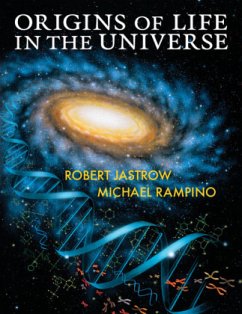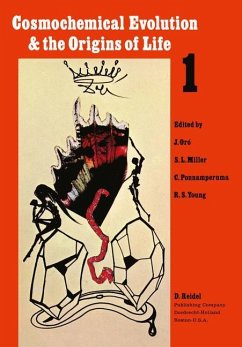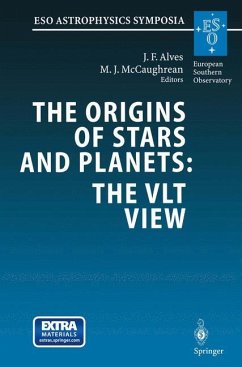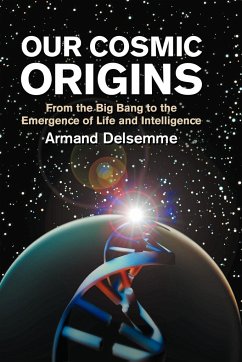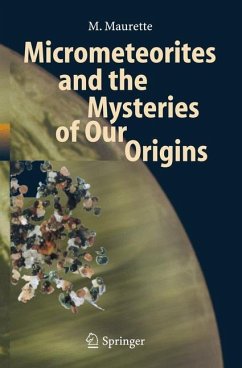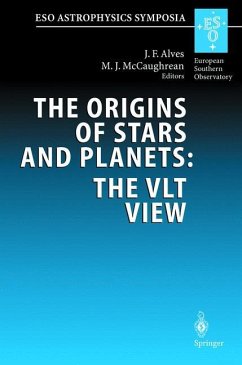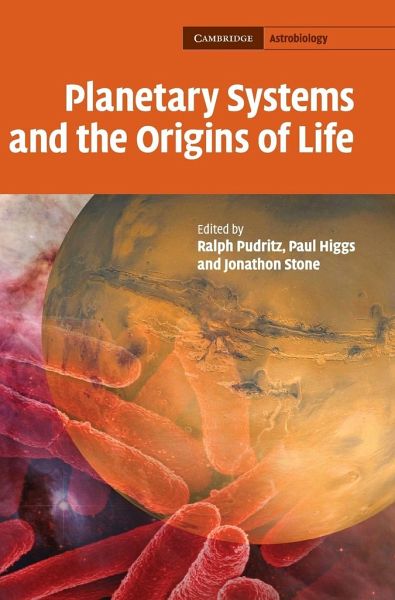
Planetary Systems and the Origins of Life

PAYBACK Punkte
69 °P sammeln!
Several major breakthroughs have helped contribute to the emerging field of astrobiology. Focusing on these developments, this fascinating book explores some of the most important problems in this field. It examines how planetary systems formed, and how water and the biomolecules necessary for life were produced. It then focuses on how life may have originated and evolved on Earth. Building on these two themes, the final section takes the reader on a search for life elsewhere in the Solar System. It presents the latest results of missions to Mars and Titan, and explores the possibilities of li...
Several major breakthroughs have helped contribute to the emerging field of astrobiology. Focusing on these developments, this fascinating book explores some of the most important problems in this field. It examines how planetary systems formed, and how water and the biomolecules necessary for life were produced. It then focuses on how life may have originated and evolved on Earth. Building on these two themes, the final section takes the reader on a search for life elsewhere in the Solar System. It presents the latest results of missions to Mars and Titan, and explores the possibilities of life in the ice-covered ocean of Europa. This interdisciplinary book is an enjoyable overview of this exciting field for students and researchers in astrophysics, planetary science, geosciences, biochemistry, and evolutionary biology. Colour versions of some of the figures are available at www.cambridge.org/9780521875486.





